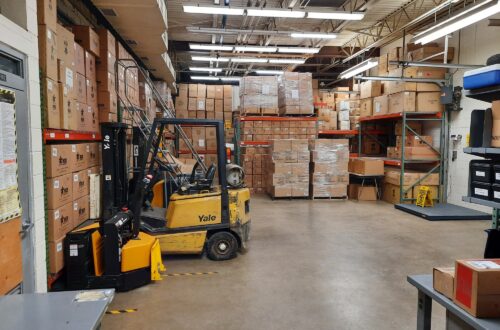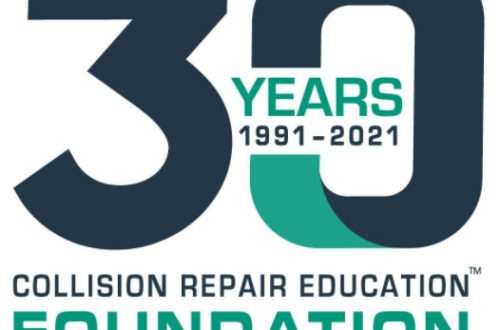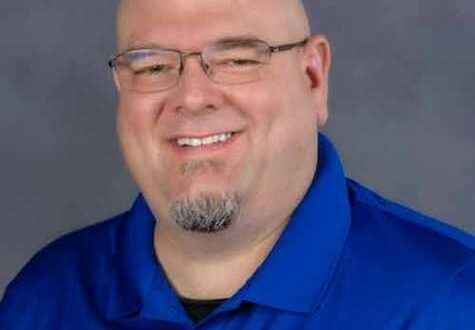Maine Autobody Association Responds to Governor LePage’s Veto of Legislative Document 1540

Monday, 17 July 2017 22:35
Featured in AUTOBODYNEWS
In June, Maine Governor Paul LePage (R) vetoed Legislative Document 1540, which sought to require insurers in ME to communicate a specific auto body shop choice disclosure. The House voted 102-41 to override the veto, but the Senate failed to acquire the two-thirds margin required to override the Governor’s veto with a vote of 20-14.
The bill, which passed ME’s House by an overwhelming margin and by a narrower margin in the Senate earlier in June, would have expanded upon the current shop choice language in the ME Revised Statutes, which prohibits insurers and their agents from recommending a specific shop without informing their claimant that they are under no obligation to use that repairer’s services.
Legislative Document 1540 would have required insurers recommending a shop to explicitly inform claimant of their legal right to choose a shop to fix their vehicle, stating that the policy will cover reasonable costs of repairing the vehicle to its pre-accident condition no matter where the consumer has their repairs made.
Governor LePage supported his veto by citing a lack of consumer complaints and evidence of a problem from the Department of Insurance, calling it a “solution in search of a problem” and claiming the added verbiage “micromanages ME businesses and creates more unnecessary regulations for ME’s automotive insurance industry.”
According to LePage during a May 10 testimony at a Committee on Insurance and Finances, “If automotive insurance companies were truly steering business toward specific collision repair businesses, this may be a discussion worth having, but over the course of the last nine years, ME’s Insurance Bureau has only received six consumer complaints regarding this issue; two of those complaints were that insurers did not direct [those insured] to shops participating in the insurer’s networks. Additionally, the Superintendent of Insurance conducted a study of the seven largest insurance carriers in ME and did not identify any instances of steering.”
Conversely, proponents of the bill argued that the issue deserves more attention. Representative Jonathan Kinney (R-Limington) wrote in his prepared testimony for the committee, “ME has an increasing population of elderly and young drivers who, in the event of an accident, may not be aware that they have the choice of business to get the repairs done. These folks are very susceptible to a ‘sales pitch’ for the body shop of the insurer’s choice. The claims report scripts section of this bill will create the same expectations for all who file a claim with their insurance companies.”
Bernadette Bolduc Papi also testified in favor of Legislative Document 1540. Papi works closely with her father, Peter Bolduc Sr., who owns Acme Body Shop. Using her background as an attorney, she helped formally organize the Maine Autobody Association (MAA) and navigated the group through the process. As DRP contracts began to negatively impact customers with insurance companies controlling repair processes and choices in order to increase profits over the years, Acme’s manager Jim Caron worked with a group of repairers and Bolduc to create the MAA in order to alleviate steering and safeguard consumers’ freedom of choice of repair shop for their auto collision repairs.
Dave Irving, another manager at Acme Body Shop, was involved with helping the current anti-steering legislation pass into law, but Papi noted, “While it was a step in the right direction, the current law is weak with no enforcement mechanism, and the insurance companies have easily navigated around the language. The MAA members were concerned that they were witnessing an erosion of consumers’ right to choose where to have their collision repairs handled. Consumers were (and still are) being communicated with in such a way as to make them believe that they do not have a choice about where to have their vehicle repaired.
“In working to safeguard consumers’ freedom of choice, the association readily admits that its members are in survival mode themselves. Shops independent of insurance company DRPs are in constant jeopardy, fighting every day for survival. They work hard to service customers’ needs and provide quality work and satisfaction. The loyal customer base – many spanning decades of service – is undermined in often blatant and insidious ways. It’s important to note that insurance companies that do not have DRP contracts do not steer customers. The problem is only with insurance companies that have DRPs.”
In July 2015, MAA met with ME’s Regulatory Fairness Board, who suggested they reach out to the Attorney General’s office and the Bureau of Insurance. The AG’s office directed them to the Bureau of Insurance, and they met with them in September of that year.


